Software
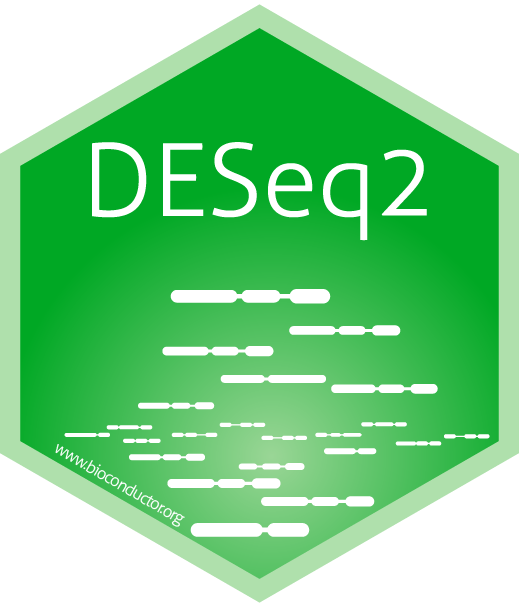
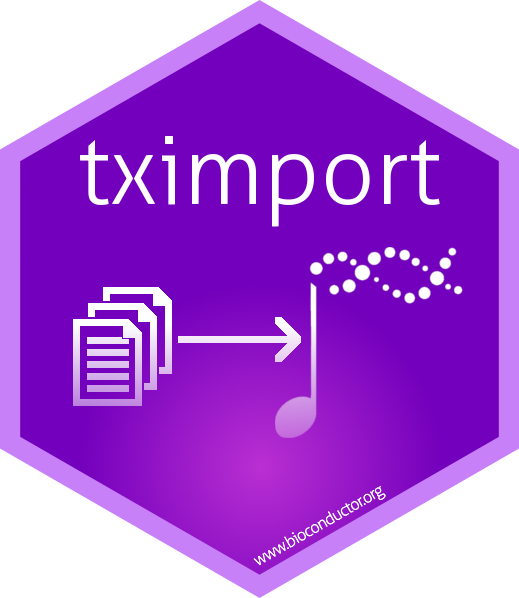
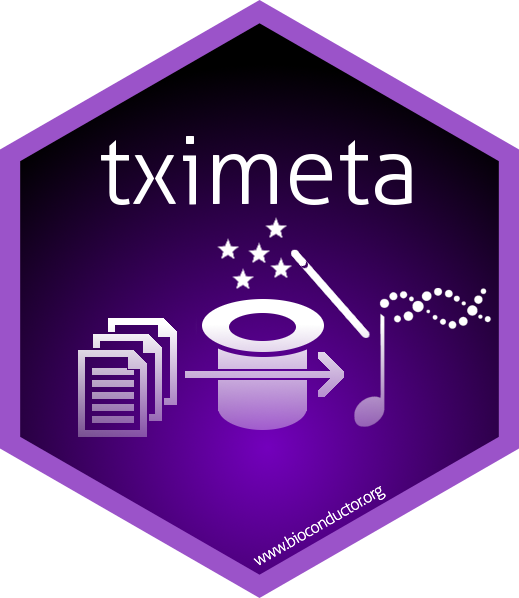
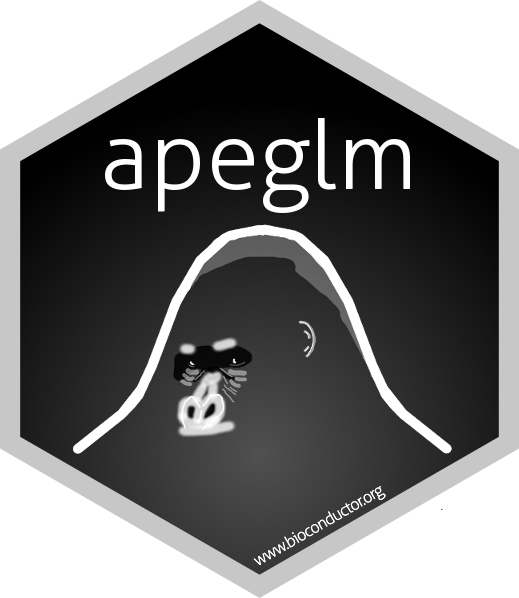
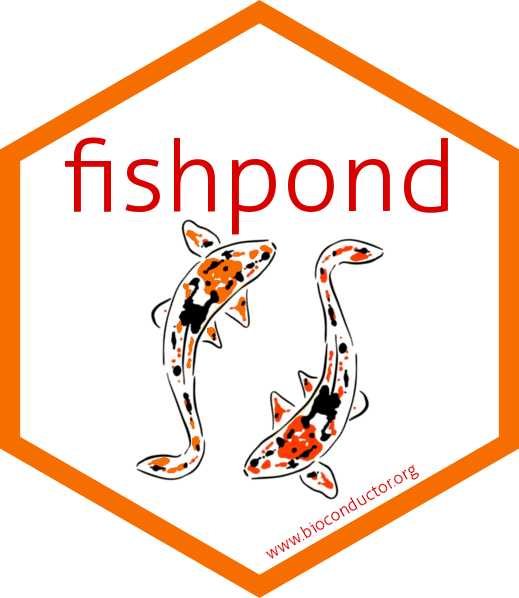

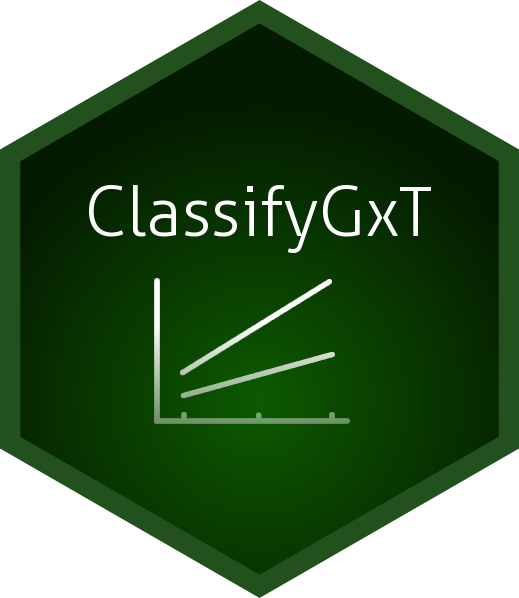
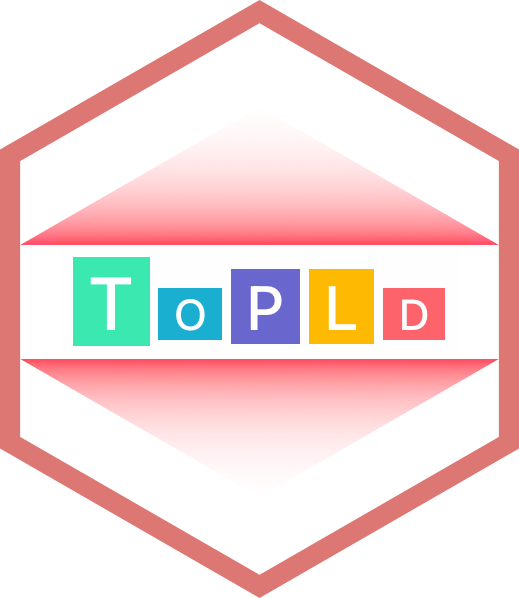
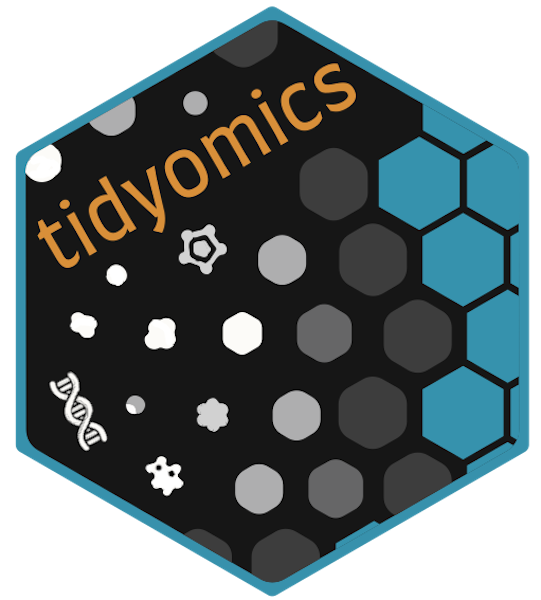
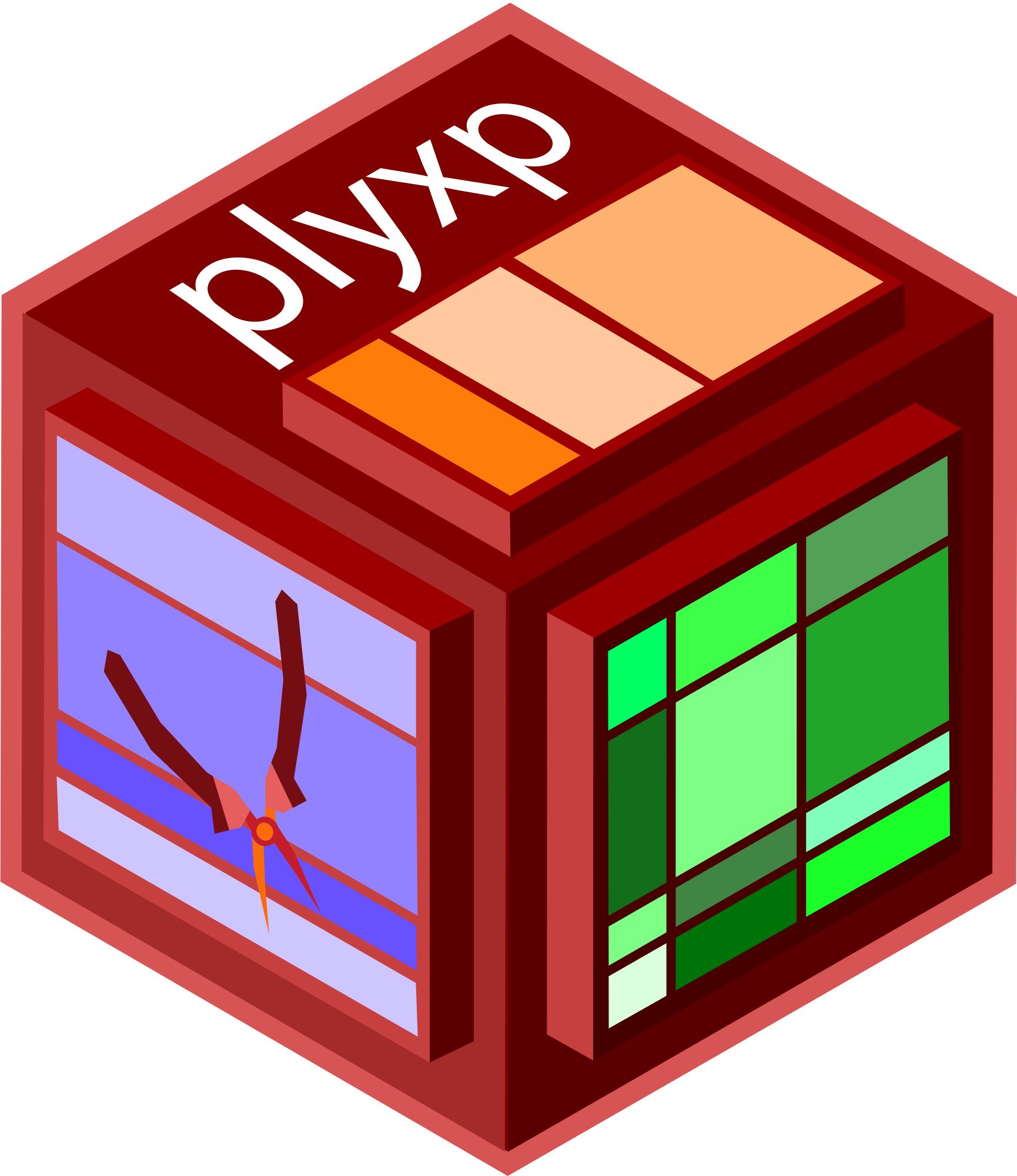
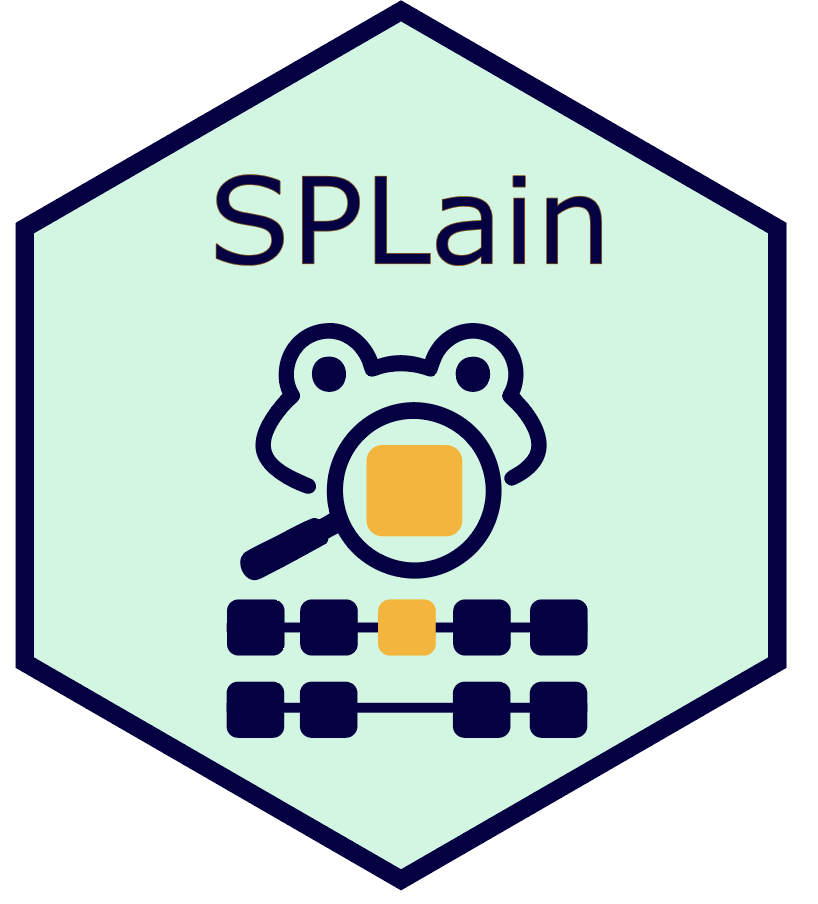

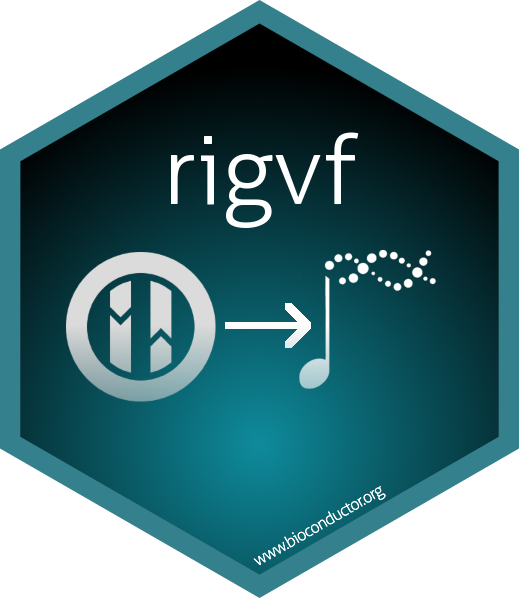
GitHub page
Most software from the Love Lab is part of the Bioconductor Project. However we also provide mirrors of the software on GitHub:
We are also involved in a large collaborative project in Bioconductor
called tidyomics:
Highly used
- Test for differential expression based on Negative Binomial GLM.
Collaboration with Simon Anders and Wolfgang Huber (EMBL Heidelberg).
- Imports transcript-level abundance, estimated counts and transcript
lengths.
Collaboration with Charlotte Soneson (FMI) and Mark Robinson (UZH Zürich).
- Import transcript abundances with automatic population of metadata.
Collaboration with Rob Patro (UMD), Charlotte Soneson (FMI), and Peter Hickey (WEHI).
- Bayesian shrinkage estimators for effect sizes for a variety of GLM
models.
Developed by Anqi Zhu (UNC-CH), collaboration with Joseph Ibrahim (UNC-CH).
apeglmmethods can be accessed vialfcShrinkin the DESeq2 package.
swishis a nonparametric differential transcript and gene analysis method making use of inferential replicate counts. Collaboration with Anqi Zhu and Joseph Ibrahim (UNC-CH), and Avi Srivastava and Rob Patro (UMD).SEESAWis a suite of methods for allelic expression analysis led by Euphy Wu (UNC-CH) in collaboration with Gary Churchill (JAX), KB Choi, Cheryl Ackert-Bicknell (UColorado), Rob Patro (UMD) and others.
Newly developed
- Bioconductor package that provides efficient abstractions to the SummarizedExperiment such that using common dplyr functions feels as natural to operating on a data.frame or tibble. Part of the tidyomics project. Funding provided by Wellcome Trust – EOSS award.
- R package for classifying gene-by-treatment (GxT) interactions using Bayesian model selection (BMS). The method is primarily designed for molecular count phenotypes, such as gene expression and chromatin accessibility. Developed by Yuriko Harigaya, co-supervised by Will Valdar.
- Bioconductor package that provides an interface to the IGVF Catalog data.
- R package for estimating the association of risk factors with mutational signatures, making use of a Bayesian Dirichlet-multinomial hierarchical model for counts. Developed by Ji-Eun Park, in collaboration with labs of Melissa Troester and Katie Hoadley.
- Modular package for generation of sets of ranges representing the
null hypothesis. These can take the form of
bootRanges, block bootstrap samples of ranges, ormatchRanges, sets of control ranges that are matched across one or more covariates. Developed by Wancen Mu, Eric Davis, and Douglas Phanstiel (UNC-CH). Contributions from other Bioconductor developers as well. Funding provided by CZI – EOSS award.
Research packages
- Bayesian estimation of the gene-to-trait effect from eQTL and GWAS summary data for loci displaying allelic heterogeneity, that is, containing multiple LD-independent eQTLs. Developed in collaboration with Anqi Zhu, Nana Matoba, and Jason Stein (UNC-CH).
- Identification of differential cell-type-specific allelic imbalance across cell types or states, utilizing single-cell allelic counts. Provides partitioning of cell types by allelic signal using generalized fused lasso, plus many EDA and QC plotting functions. Developed by Wancen Mu, in collaboration with the Patro group (UMD) and KB Choi (JAX).
- A semi-reference free method that uses compressed sensing to deconvolve tissue compartments from bulk mRNA expression from targeted panels, like NanoString nCounter. Developed by Arjun Bhattacharya (UNC-CH).
- Suite of tools to prioritize distal variants in transcriptomic prediction, and conduct TWAS-like association testing using GWAS summary statistics. Developed by Arjun Bhattacharya (UNC-CH).
Maintainer
- A consistent interface for importing and wrangling genomics data from a variety of sources. The package defines a grammar of genomic data transformation based on dplyr and GenomicRanges. Developed by Stuart Lee, Di Cook, and Michael Lawrence. Maintained by Love Lab from 2024.
Published workflows
- RNA-seq workflow: gene-level exploratory analysis and differential
expression.
Developed in collaboration with Simon Anders, Vladislav Kim, Wolfgang Huber (EMBL Heidelberg).
F1000Research publication
- Swimming downstream: statistical analysis of differential transcript
usage following Salmon quantification.
Developed in collaboration with Charlotte Soneson (FMI) and Rob Patro (UMD).
F1000Research publication
- An extended workflow using the plyranges and tximeta packages for
fluent genomic data analysis.
Developed by Stuart Lee (WEHI), in collaboration with Michael Lawrence (Genentech).
F1000Research publication
Contributor
- Software for quantifying the expression of transcripts using RNA-seq data, developed and maintained by Rob Patro (UMD). The Love lab collaborates with Dr. Patro on bias correction methods, on estimation of uncertainty through Gibbs and bootstrap sampling, and on propagation of metadata from abundance estimation to downstream analysis packages.
- My Snakemake file for running Salmon
- Provides infrastructure for parallel computations distributed ‘by file’ or ‘by range’. User defined MAPPER and REDUCER functions provide added flexibility for data combination and manipulation. Collaboration with Valerie Obenchain and Martin Morgan (Bioconductor core team).
rafalib — CRAN
- A series of shortcuts for routine tasks. Collaboration with Rafael Irizarry (DFCI Boston).
Data packages
macrophage This package provides the output of running Salmon on a set of 24 RNA-seq samples from Alasoo, et al., “Shared genetic effects on chromatin and gene expression indicate a role for enhancer priming in immune response”, published in Nature Genetics, January 2018.
oct4 This package provides the output of running Salmon on a set of 12 RNA-seq samples from King & Klose, “The pioneer factor OCT4 requires the chromatin remodeller BRG1 to support gene regulatory element function in mouse embryonic stem cells”, published in eLIFE, March 2017.
airway This package provides a SummarizedExperiment object of read counts in genes for an RNA-Seq experiment on four human airway smooth muscle cell lines treated with dexamethasone. The citation for the experiment is: Himes BE et al (2014).
fission This package provides a SummarizedExperiment object of read counts in genes for a time course RNA-Seq experiment of fission yeast (Schizosaccharomyces pombe) in response to oxidative stress (1M sorbitol treatment) at 0, 15, 30, 60, 120 and 180 mins. The citation for the experiment is: Leong HS et al. (2014).
parathyroidSE This package provides SummarizedExperiment objects of read counts in genes and exonic parts for paired-end RNA-Seq data from experiments on primary cultures of parathyroid tumors. The citation for the experiment is: Haglund F et al (2012).
tximportData
This packages provides output files from common transcript estimation
software (Salmon, Kallisto, RSEM, Cufflinks) for demonstration of
import using tximport. The files are a subset of 6 samples from the
GEUVADIS project. The citation for the GEUVADIS project is:
Lappalainen et al (2013)
nullrangesData Provides datasets for the nullranges package vignette, in particular example datasets for DNase hypersensitivity sites (DHS), CTCF binding sites, and CTCF genomic interactions. These are used to demonstrate generation of null hypothesis feature sets, either through block bootstrapping or matching, in the nullranges vignette.
alpineData
This packages provides a subset of alignments for demonstration of
alpine. The samples aligned are a subset of 4 samples from the
GEUVADIS project. The citation for the GEUVADIS project is:
Lappalainen et al (2013)

